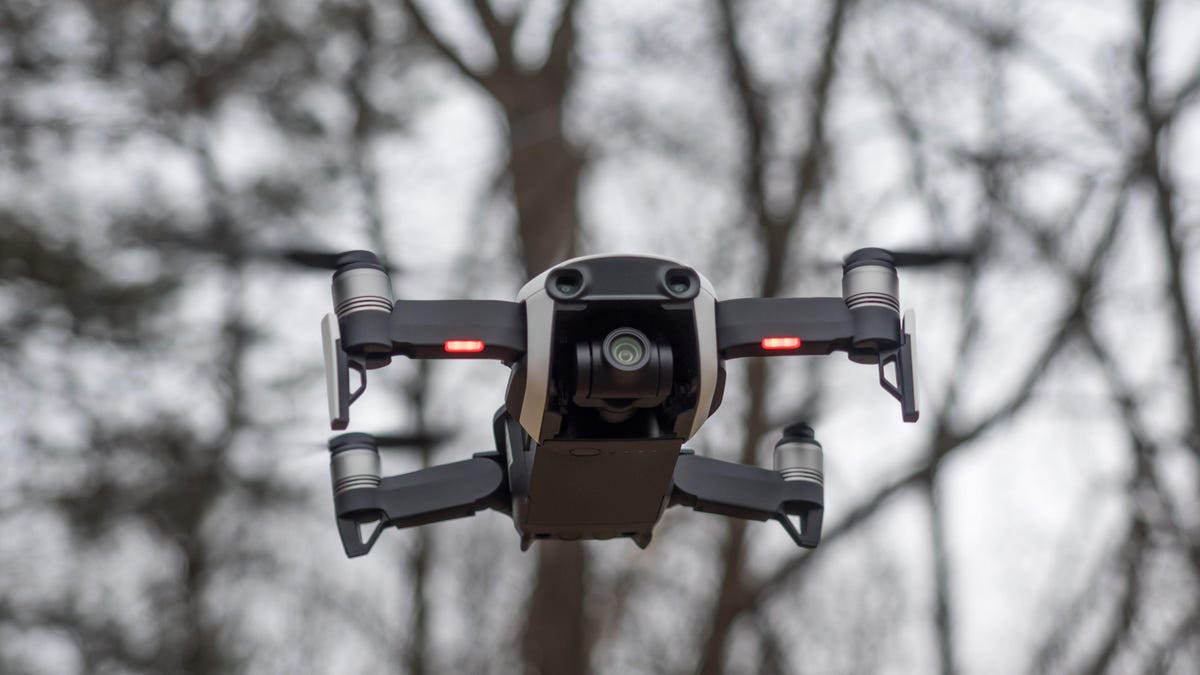UK drone bill could ban children from flying larger craft
Be careful not to fly in the face of these potential new laws.

DJI make popular consumer drones.
Before you splash out on a drone for your child's next birthday present, be aware that youngsters soon might not legally be allowed to fly it.
The UK government's Department for Transportation opened a consultation into new possible laws governing the use and ownership of drones on Thursday that could form part of a new Drones Bill. Among the proposals is a suggestion that children should be banned from owning drones that weigh more than 250g.
Other proposals included allowing police to issue fixed-penalty notices to those who disregard the law, introducing new tests for pilots, encouraging people to register flight plans in advance and in extreme cases using counter-drone technologies to protect the public and critical infrastructure.
There are already laws in place in the UK governing the altitude drones can fly to and areas they must not be flown in at all, including in the vicinity of airports. In spite of these rules, there have been a number of highly disruptive incidents around British airports over the past few years that have caused planes to be grounded or have resulted in near misses with aircraft. There have also been a number of drone-related convictions in the UK, including at least 30 tied to people using drones in the vicinity of prisons.
A study published funded by the government in 2017 discovered that a drone weighing 400g could smash a helicopter window on impact.
In its announcement on Thursday the government made sure to emphasise that it understood the potential for drones to perform important tasks and cited figures from PricewaterhouseCooper research indicating that drones could be worth £42 billion to the UK by 2030. But it was also keen to reiterate the danger drones could pose if mishandled.
"Drones present exciting benefits to our society and our economy, but with a small group of people choosing to use them for harm there are challenges we must overcome if we are to prevent them hindering the potential of this technology," said aviation minister Baroness Elizabeth Sugg in a statement.
"We support the safe development of drones in the UK," said a spokesman for the UK's Civil Aviation Authority, which also has its own, easy-to-follow Drone Code for drone owners in the country. "Drones can bring many benefits but to achieve those we need everyone flying a drone now to do so safely."
Drone manufacturer DJI also welcomed the government's consultation on the technology. "The vast majority of drone pilots fly safely and responsibly, and DJI supports measures to deal properly with the small number of people who intentionally misuse this technology," said DJI's head of public policy for Europe, Christian Struwe, in a statement.
Follow the Money: This is how digital cash is changing the way we save, shop and work.
CNET Magazine: Check out a sample of the stories in CNET's newsstand edition.

